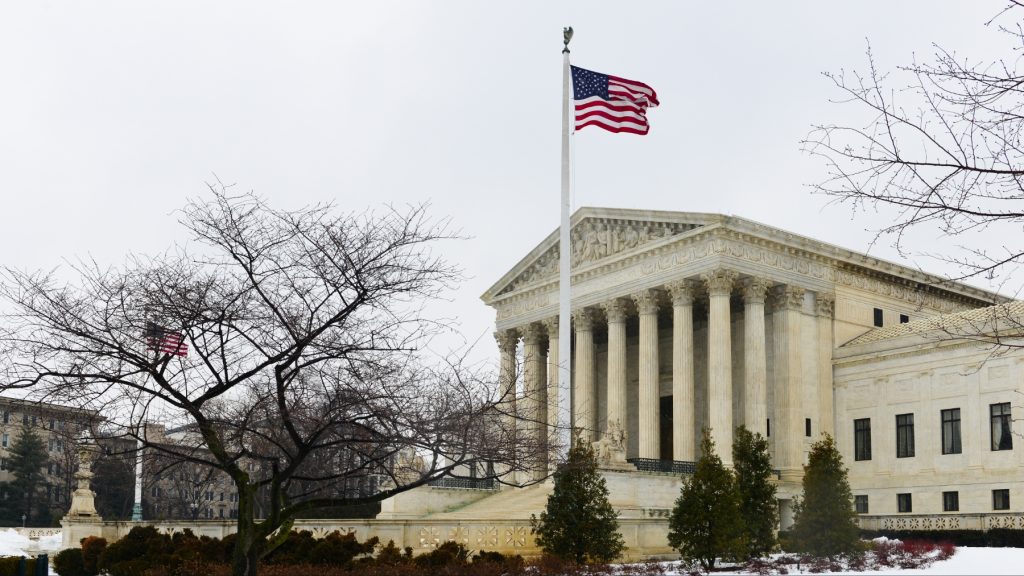
The Supreme Court have a rejected claim by the Biden administration that it had illegally coerced various social media platforms.
According to the plaintiffs, the five social media platforms, along with attorneys from Louisiana and Missouri, claimed that the campaign had violated their constitutional rights to freedom of speech.
Appeal of the Court
On Wednesday, June 26, the Supreme Court ruled 6-3 that the plaintiffs did not have the right to sue. The decision focused on technology rather than the main purpose of the case.
The decision highlights previous restrictions on communications between media companies and government officials, allowing agencies such as the FBI to flag posts indicating potential threats to the country. The court justices disagreed, and Justice Samuel Alito stated in a detailed 34-page dissent. Alito argued that this could be “one of the most important free speech cases to come before the court in years.” The decision was criticized for allowing the fight to control public speech to continue.
Argument and Defenses
Plaintiffs argue that government officials coerced social media companies into censoring posts, particularly regarding transmission-related disputes. They noted that the platforms reduced the visibility of posts or withdrew funds after contacting the White House. President Biden stated that he supports social media’s efforts to stop negative content, such as misinformation, which the Surgeon General warns could be life-threatening. The government also noted that many of the posts violated the platforms’ privacy policies.
Writing for the majority, Justice Amy Coney Barrett said the plaintiffs failed to establish a direct connection between previous advertising restrictions and the government’s actions in communicating with the platforms. She was joined by Chief Justice John Roberts and Justice Brett Kavanaugh.
Justice Alito’s dissent stated that various communications between government officials and social media companies were “unconstitutional.” She warned that the decision could encourage future authorities seeking to control public discourse.
The latest decision comes after the rejected claim a federal district judge in Louisiana acknowledged that White House officials had violated the platforms’ privacy policies. The appeals court upheld the decision but limited its authority to certain government employees. The Supreme Court’s rejection was the second time the court had dismissed a case because the plaintiff did not qualify, following a similar ruling regarding the abortion drug mifepristone.
Do We Have Freedom of Expression on the Internet?
Information about ongoing concerns regarding freedom of speech online is coming to light due to events happening around the world. One of the most significant examples today is the war in Palestine. Many people believe that there isn’t much freedom online because people often mold their thoughts and feelings to fit the rules and standards of the social platforms to have their voices heard. The Supreme Court’s decision aims to balance combating misinformation and protecting the right to freedom of expression in the digital age. This balance should be applied worldwide, but the challenge is that what is considered misinformation is often influenced by political and personal beliefs.
Inside Telecom provides you with an extensive list of content covering all aspects of the tech industry. Keep an eye on our Tech sections to stay informed and up-to-date with our daily articles.